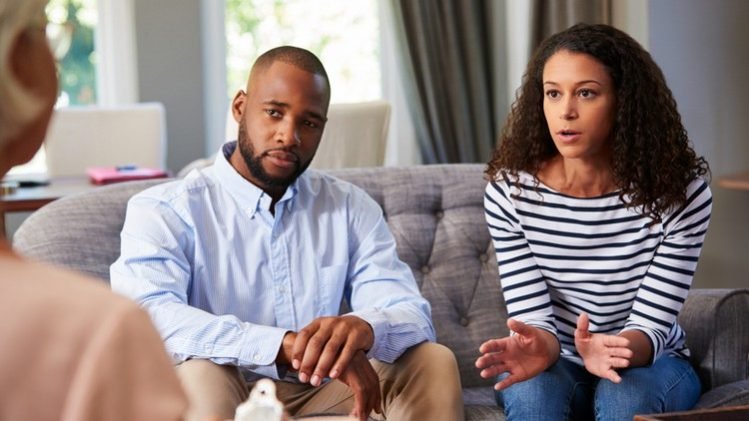Are you interested in learning about the psychology of ‘Stress’, ‘Anxiety’ and ‘Panic Attacks’?
Do you want to know why so many people experience ‘anxiety’ and ‘panic attacks’ and what can be done about it?
Would you like to know what are disorders related to anxiety and how they are diagnosed and treated? Or perhaps you are interested in learning how to manage stress in your daily life, improve your mindset that it was more positive and productive?
Whether you are taking this course as ‘a stepping stone’ in your career in therapy or psychology (or some other area of life and self-development), or simply you are learning this information to apply it in your own life, you are in the right place!
This course is created solely by the research psychologist (and a teacher of psychology and counselling) – Elmira Strange. In this course, she will teach you the most interesting and important information related to the psychology of Stress, Anxiety, and Panic Attacks.
During this course, you will take 34 informative lectures where you will find out many interesting aspects of stress, anxiety, and PA
Here you will learn for example:
– How to change negative thoughts into positive ones,
– How to reduce anxiety quickly,
– What are the most common anxiety disorders,
– The best therapy tools for dealing with anxiety and panic attacks,
– and so much more!
You will also understand:
– What is the difference between a panic attack and a heart attack,
– How to use mindfulness daily,
– The various coping mechanisms that we use on daily basis,
– What foods do you need to have and avoid for your healthy mindset
– How to use this course information for yourself and your clients in therapy
Are you ready to start with your course on the Psychology of Stress, Anxiety, and Panic Attacks?
Then what are you waiting for? Enroll now and I will see you in my class! 🙂
*All courses by Elmira Strange are accredited by the International Association of Therapists (IAOTH)


